Understanding the Future: Your Guide to Post-16 Education Reforms
Back in 2021, the Department for Education (DfE) revealed a new grand plan: a streamlined qualifications system.
These reforms are part of wider Government efforts to overhaul the further education system, including through provisions in the Skills and Post-16 Education Bill.
The goal of the new qualifications system is to open doors to endless possibilities for all learners.
Confused? Fear not – we have all the information you need to know, and are always on hand to answer any questions.
For a quick summary, learners can progress to post-16 progression routes in the academic and technical routes as shown below:
A Levels
T Levels
Apprenticeships
Technical qualifications
Mixed study programmes - two A levels and an Alternative Academic Qualification (AAQ).
The government's preferred progression options are apprenticeships, A Levels, and T Levels. But for those who crave something a little different, there's the mixed study programme.
Mixed study programmes
A mixed study programme is a perfect blend for learners wanting to dive into higher education without taking the traditional A Level or T Level route.
And guess what? You can swap the traditional 3 A Levels for one large 1080 guided learning hours AAQ or study 1 A Level and a 720 guided learning hours AAQ – options only available in select subjects for those aiming for the stars in specialist areas.
The DfE aims to ensure that students on the AAQ route also get a taste of the A Level magic. Funding rules are in place to prevent students from going on study programmes that consist entirely of small AAQs. Why? Well, evidence shows students on that route tend to have a tougher time at university.
A study programme containing a large technical qualification combined with small AAQs or A Levels to form a mixed technical programme may also benefit students.
The technical qualification must form the core of the qualification and will include a minimum of 450 guided learning hours for the technical component. It's the perfect recipe for success!
When it comes to funding approval for Cycle 1 (2025-2026), small AAQs are in the spotlight, while Cycle 2 (2026-2027) promises more surprises. Subjects like Performing Arts, Art & Design and Creative Digital Media take center stage.
What does this mean for TQUK?
Here at TQUK, we're not just bystanders; we're the architects of educational dreams. AAQs are scheduled to be first taught in September 2025 (Cycle 1), and the suspense for Cycle 2 in 2026 is already building.
In the ever-evolving landscape of education, one thing's for sure – change is on the horizon. So, grab your pens, textbooks, and a sprinkle of optimism because the future is brighter, bolder, and bursting with possibilities. Let the post-16 adventure begin!

